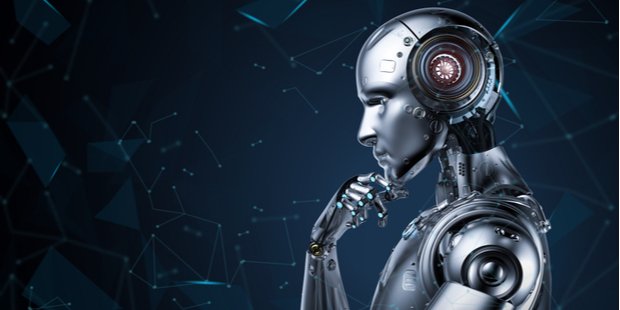By Africa Publicity
Artificial intelligence (AI) is rapidly becoming more sophisticated and capable. As AI becomes more integrated into our lives, there is a growing debate about whether AI should have liability or legal personhood.
Liability
Liability is the legal responsibility to compensate someone for losses caused by one’s actions. In the context of AI, liability could arise if an AI system causes harm to someone or their property. For example, if an AI-powered self-driving car causes a car accident, the company that owns the AI system could be held liable for the damages.
There are a number of challenges to holding AI systems liable. One challenge is that it can be difficult to determine who is responsible for an AI system’s actions. Is it the company that developed the AI system? The company that owns the AI system? The person who was using the AI system at the time of the incident?
Another challenge is that AI systems are often complex and opaque. It can be difficult to understand how an AI system works and why it made a particular decision. This can make it difficult to prove that the AI system was negligent or defective.
Despite these challenges, there is a growing movement to hold AI systems liable for their actions. In 2021, the European Union proposed a new law that would create a comprehensive legal framework for AI. The law would hold AI developers and users liable for damages caused by AI systems.
Legal Personhood
Legal personhood is the legal status of being recognized as a person. This means that the legal entity has rights and responsibilities, such as the right to own property, enter into contracts, and sue and be sued.
There is a growing debate about whether AI systems should be granted legal personhood. Some people argue that AI systems are becoming so sophisticated and capable that they should be treated as persons under the law. This would give AI systems the rights and responsibilities that other persons have.
Other people argue that granting AI systems legal personhood would be a mistake. They argue that AI systems are not human and do not have the same moral and ethical rights as humans. They also argue that granting AI systems legal personhood would create new legal and ethical challenges.
For example, if an AI system is granted legal personhood, would it be able to vote? Would it be able to own property? Would it be able to be punished for crimes? These are just some of the questions that would need to be answered if AI systems are granted legal personhood.
Implications
The implications of granting AI liability or legal personhood are significant. If AI systems are held liable for their actions, it could lead to increased costs for AI developers and users. It could also lead to a decrease in innovation, as companies may be less likely to develop and deploy AI systems if they are afraid of being held liable for any damages caused by those systems.
If AI systems are granted legal personhood, it could lead to a new era of human-AI cohabitation. AI systems could be granted the same rights and responsibilities as humans, and they could participate in society in new and innovative ways. However, it is important to carefully consider the ethical and legal implications of granting AI legal personhood before doing so.
Conclusion
The question of whether AI should have liability or legal personhood is a complex one. There are a number of factors to consider, such as the potential benefits and risks of granting AI these legal rights. It is important to have a public debate about this issue so that we can develop a legal framework that is fair and equitable for both humans and AI systems.
Here are some additional thoughts on the implications of granting AI liability or legal personhood:
Liability: If AI systems are held liable for their actions, it could lead to increased accountability for AI developers and users. This could help to ensure that AI systems are developed and deployed in a safe and responsible manner. However, it is important to ensure that the liability regime is fair and does not stifle innovation.
Legal Personhood: If AI systems are granted legal personhood, it could lead to new opportunities for human-AI collaboration. For example, AI systems could be granted the right to own property or enter into contracts. This could enable AI systems to participate in society in new and innovative ways. However, it is important to carefully consider the ethical and legal implications of granting AI legal personhood before doing so.
Overall, the question of whether AI should have liability or legal personhood is a complex one. There are a number of factors to consider, such as the potential benefits and risks of granting AI these legal rights. It is important to have a public debate about this issue so that we can develop a legal framework that is fair and equitable for both humans and AI systems.








